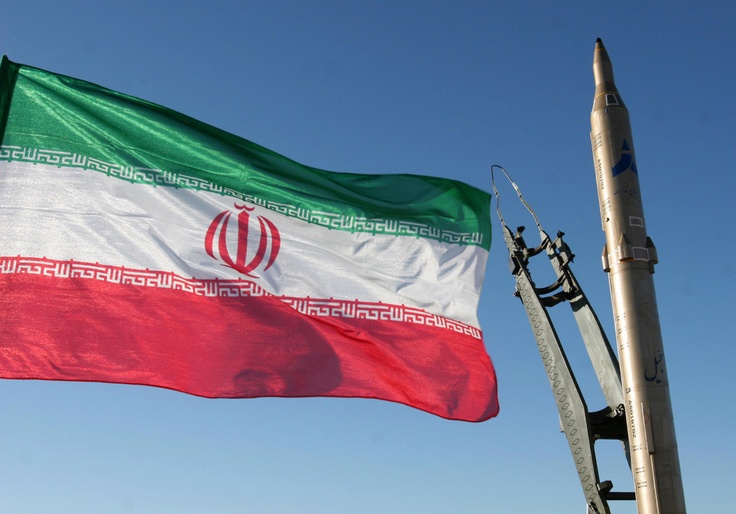The Justice Department charged two Iranian nationals for cyberattacks meant to influence the 2020 U.S. presidential election and infiltrate the Trump campaign’s computers.
A federal indictment was unsealed on Thursday charging two Iranians “for their involvement in a cyber-enabled campaign to intimidate and influence American voters, and otherwise undermine voter confidence and sow discord, in connection with the 2020 U.S. presidential election,” according to a Department of Justice press release.
Iranian nationals Seyyed Mohammad Hosein Musa Kazemi, 24, and Sajjad Kashian, 27, are accused of obtaining “U.S. voter information from at least one state election website” and sending “threatening email messages to intimidate and interfere with voters,” according to the indictment. The pair also attempted to gain unauthorized access to state voting sites and accessed an unnamed U.S. media company’s computer network.
Assistant Attorney General Matthew G. Olsen, a member of the Justice Department’s National Security Division, said the indictment provides evidence on how the Iranians “waged a targeted, coordinated campaign to erode confidence in the integrity of the U.S. electoral system and to sow discord among Americans.”
The indictment was unsealed just one day after a U.S.-based advocacy group critical of the Iranian regime disclosed that Iran-backed hackers attempted to infiltrate their computers and gain access to communications with former Trump administration officials, the Washington Free Beacon reported on Wednesday.
The group, United Against Nuclear Iran (UANI), opposes Iran’s attempts to build a nuclear weapon. The hackers attempted to infiltrate the email of UANI CEO Mark Wallace, a former U.S. ambassador to the United Nations.
“Those responsible managed to procure data outside of the public realm, impersonated our leadership in communications with former senior officials of the U.S. government, and attempted to harvest Gmail credentials,” Wallace said in a statement. “Separately, the group impersonated conference officials and attempted to lure UANI leadership to respond and click phishing links.”



